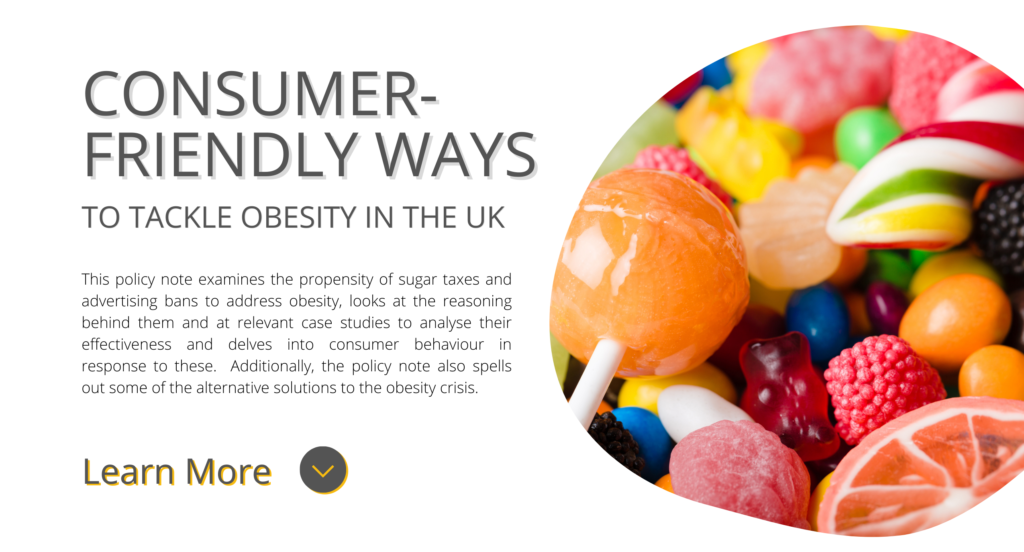
It was recently reported that Prime Minister Boris Johnson is keen to lead a new strategy to help tackle obesity and move the needle towards a more paternalistic approach. Almost half of Brits (47 per cent) have put on weight since lockdown began in March, according to the 1:1 Diet by Cambridge Weight Plan.
Taking the path of more lifestyle interventionism in the form of taxes and various other regulations seems straightforward and is usually pursued out of noble motives. However, no policy tool is perfect, and it is important to keep in mind the costs and benefits of each while remaining open to innovative solutions.
According to the NHS statistics on obesity, physical activity and diet, 63% of adults in England in 2018 were overweight or obese.
In 2018/19, 11,117 hospital admissions were directly attributable to obesity while 876,000 hospital admissions obesity was a factor. The situation has been disastrous, and the government has understandably set off alarm bells.
In April 2018, as part of the government’s childhood obesity strategy, the UK government introduced a sugar tax to reduce sugar consumption. A year later, it was announced that plain packaging of crisps, sweets and fizzy drinks was also on the agenda. In light of the coronavirus pandemic and excessive weight having been recognised as a risk factor, the discussion around obesity and ways to tackle it has spurred again.
This policy note examines the propensity of sugar taxes to address obesity, looks at the reasoning behind them and at relevant case studies to analyse their effectiveness and delves into consumer behaviour in response to these. Additionally, the policy note also spells out some of the alternative solutions to the obesity crisis.